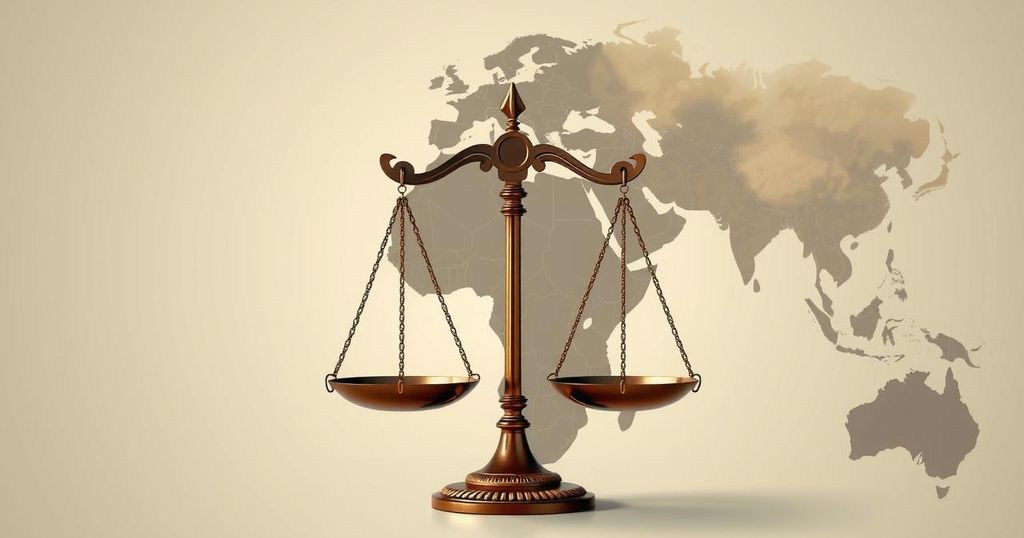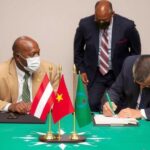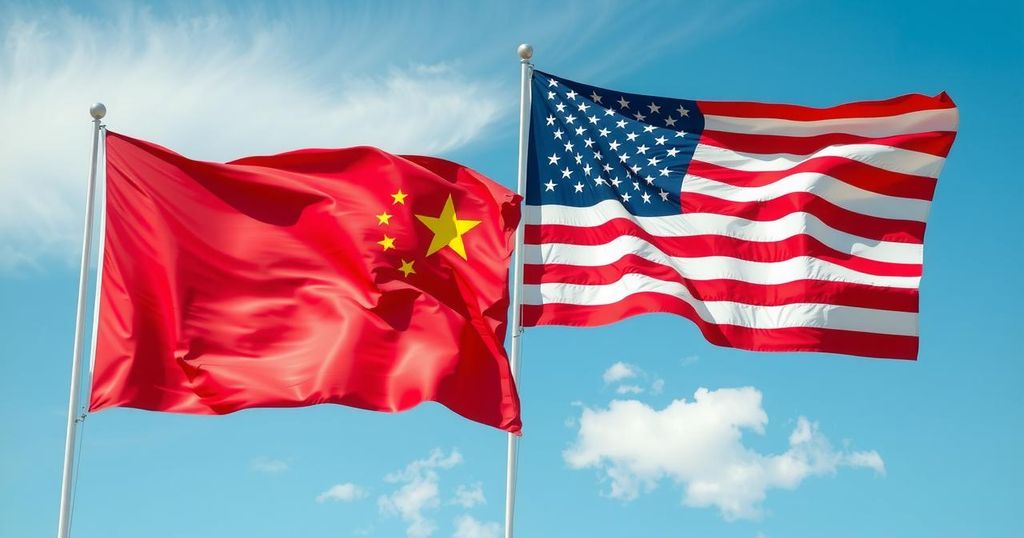Burkina Faso, Mali, and Niger Withdraw from ECOWAS, Endangering Justice Access
Burkina Faso, Mali, and Niger’s official exit from ECOWAS on January 29, 2025, poses significant concerns regarding access to justice for human rights victims. The withdrawal has been criticized for reducing accountability avenues in a region plagued by violence, despite the military governments’ claims against ECOWAS’s sanctions and influence.
Burkina Faso, Mali, and Niger officially withdrew from the Economic Community of West African States (ECOWAS) on January 29, 2025, raising serious access to justice concerns. Human Rights Watch (HRW) reported that this departure limits avenues for victims of human rights violations to seek accountability, particularly as conflict-related abuses continue in the Sahel region and local judicial systems face restrictions.
The military governments of the three nations announced their withdrawal on January 28, 2024, accusing ECOWAS of failing its founding principles and yielding to external influences. They criticized sanctions imposed in the context of combating terrorism, but did not address international condemnations regarding their governance and alleged human rights abuses.
Since 2005, the ECOWAS Community Court of Justice has been pivotal in enabling victims to pursue justice, exemplified by landmark rulings against member states. HRW highlighted that the exit from ECOWAS will undermine citizens’ access to this vital mechanism for redress amidst ongoing human rights violations in the region.
HRW has urged the governments of Burkina Faso, Mali, and Niger to reconsider their withdrawal to ensure that their citizens retain access to justice. Moreover, HRW called for ECOWAS to engage in constructive dialogue with the departing states to address grievances while promoting adherence to human rights standards.
A political activist from Mali remarked on the military governments’ consistent failures to hold accountable those responsible for human rights abuses, stating that preventing access to the ECOWAS court reflects a blatant disregard for human rights. Meanwhile, ECOWAS has maintained its commitment to keeping avenues for trade and movement open to its citizens, despite the withdrawal.
In a related development, the three countries announced the formation of the Alliance of Sahel States in July 2024, reinforcing their strategic alignment following their isolation post-military coups. This new alliance appears to be a response to their need for cooperative governance despite international scrutiny and criticism.
The withdrawal of Burkina Faso, Mali, and Niger from ECOWAS is significant as it directly affects citizens’ ability to seek justice for human rights abuses. The ECOWAS Community Court of Justice has historically provided an essential platform for victims, and its loss may exacerbate existing human rights challenges in the Sahel region, where conflict and violence are prevalent, and national judicial systems are weak.
The exit of Burkina Faso, Mali, and Niger from ECOWAS has profound implications for access to justice in the region, restricting victims’ chances to seek accountability. It reflects larger governance issues within military regimes and raises concerns about the preservation of human rights in the face of punitive measures. HRW’s call for dialogue underscores the necessity of maintaining human rights standards despite the ongoing political realignments.
Original Source: www.jurist.org








Post Comment